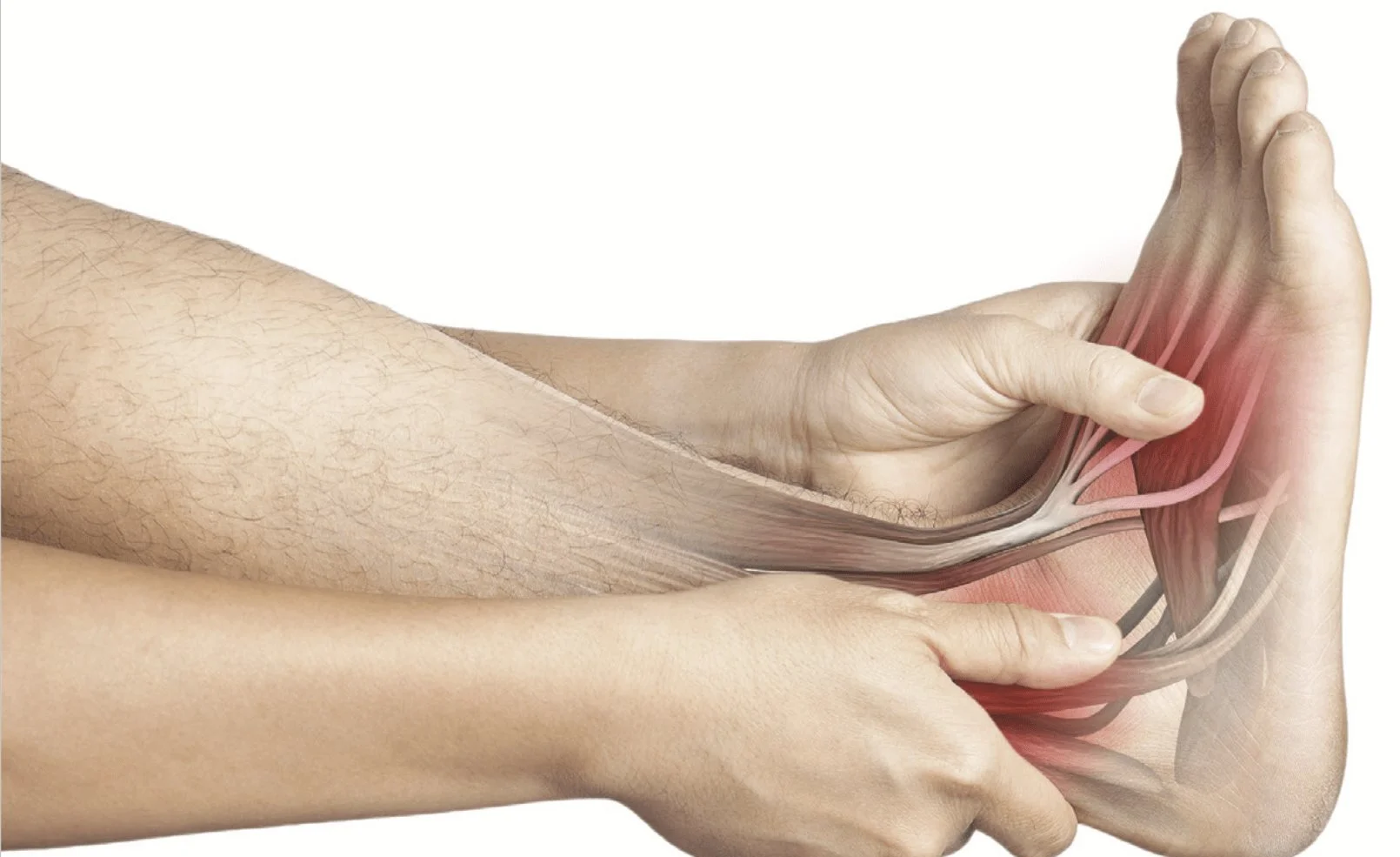Metatarsalgia | Ball of Foot Pain | Dropped Metatarsal Heads in Allentown

Metatarsalgia is a condition marked by pain and inflammation in the ball of your foot. It is a general term used to refer to any painful condition involving the metatarsal joints.
Metatarsalgia most often appears in those who perform a lot of physical activity like running or jumping, but can also be caused by footwear with poor support. In most cases it can be alleviated with rest, icing, elevating the affected foot, and over the counter pain medications.
Also known as “dropped metatarsal heads,” metatarsalgia can cause abnormal weight distribution across the foot, due to overpronation.
Metatarsalgia is most often caused by:
- Arthritis
- Trauma to the foot (sports injuries, car accidents, repeated stress)
- Intense training, especially among runners
- Standing, walking, or exercising on hard surfaces (cement or tile floors)
- Wearing rigid, unsupportive, or ill-fitting footwear
- Foot deformities such as hammer toes and bunions
- Obesity
- High arches or a long second toe which puts extra pressure on the metatarsals
- Stress fractures in the metatarsals
Symptoms of Metatarsalgia:
- Sharp, burning, or aching pain in the ball of your foot (just behind the big toe)
- Pain around your second, third, or fourth toes, or only around your big toe
- Pain increases with physical activity and when walking barefoot
- Pain decreases when you rest
- A feeling in your foot that you’re walking on a pebble
Treatment for Metatarsalgia
Your podiatrist at PA Foot and Ankle Associates may recommend one or more of the following to manage the pain from your metatarsalgia:
- Rest, ice, and elevate the affected foot
- Over the counter pain medications
- Wear shoes which support your feet properly
- Weight management
- Over the counter shoe inserts to provide better arch support
- Over the counter metatarsal pads
- Custom orthotic shoe inserts prescribed by your podiatrist to minimize stress on the metatarsals
Chronic pain in the ball of the foot may indicate a more serious condition. Please make an appointment with a podiatrist at the PA Foot and Ankle Associates office for a thorough evaluation and diagnosis.


